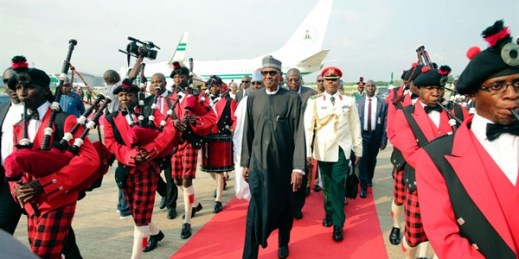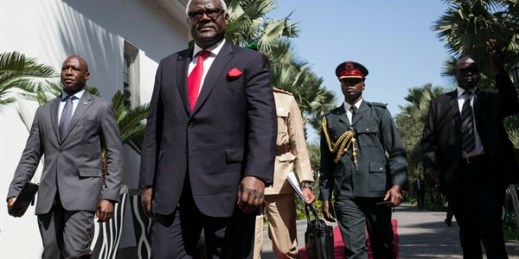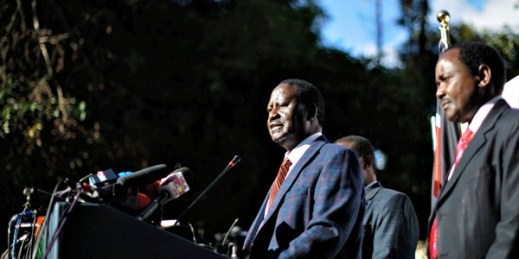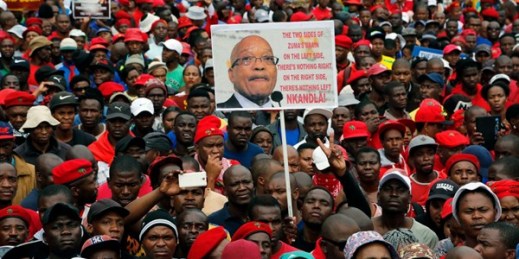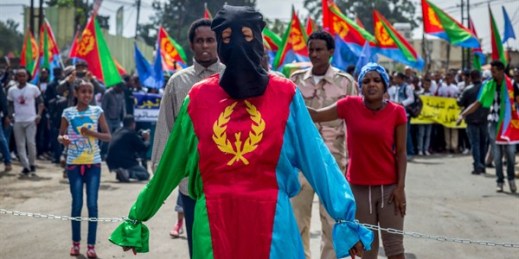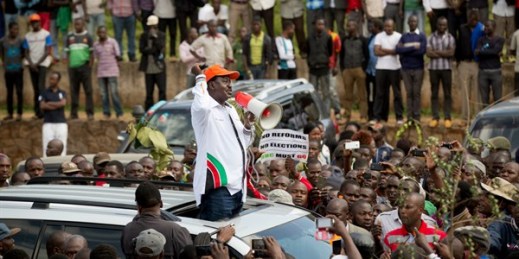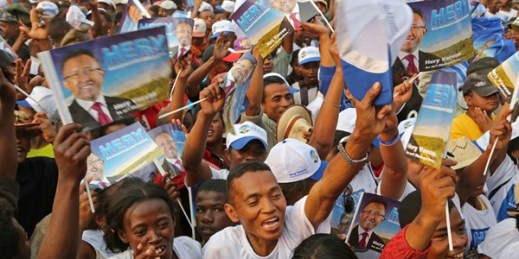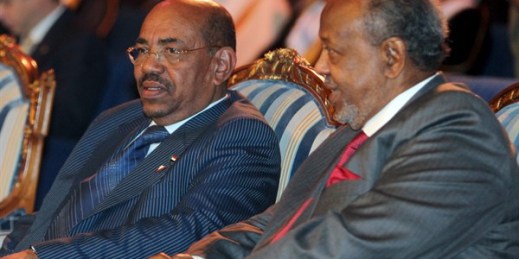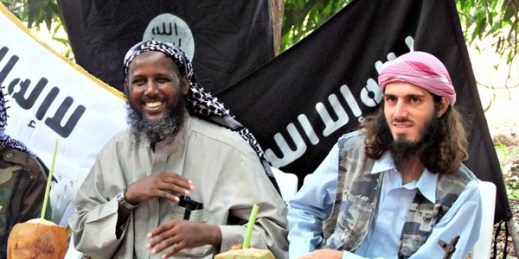
On Aug. 13, Somalia’s government won a perceived victory in its fight against al-Shabab when Mukhtar Robow, the former deputy leader of the militant group, surrendered. Also known as “Abu Mansur,” Robow was one of the group’s founding leaders, and the only one still living who had trained with the Taliban in Afghanistan. His decision to stop fighting invited speculation that other militants might also lay down their arms. Yet as has been the case with a series of recent high-level defections, the specific circumstances of Robow’s surrender suggest it may not represent a major turning point in the battle […]

